Giving students the opportunity to observe the moon through a telescope as a complementary activity of Earth Sciences subject has always been positive. After studying the characteristics of our natural satellite, observing a map of its surface and even locating in it the place where man stepped on the moon for the first time, it is fascinating to be able to observe it through the telescope.
Goals:
- Observe the moon's output and changes in its appearance as it rises in the sky.
- Observe in detail the lunar surface.
- Locate on lunar surface some of the places observed in class.
- Reinforce the knowledge learned in class about our natural satellite.
- Observe planets of the solar system present in the sky.
- Locate constellations corresponding to the hemisphere and time of observation.
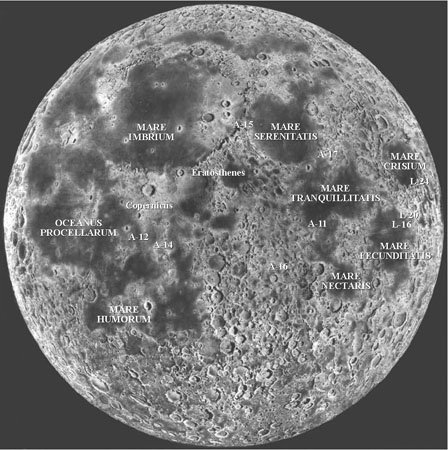
Preparation:
- Have the availability of one or two quality telescopes. We count on two Celestron telescopes, which have been assembled and managed efficiently by our esteemed professor @chretien.
- Determine the place of observation. We carried out the activity in Cerro el Morro, Lechería, Venezuela. It is a place with relatively low lighting and a beautiful view of the moon rising over the sea.
- Police surveillance is requested, as it is a nocturnal activity. Parents and teachers are invited to accompany the students during the activity, thus achieving an important presence of adults.
- Select a date that coincides with the full moon, or very close. This is for the purpose of being able to carry out the activity at an appropriate time, not too early or too late. It is important to take into account the weather forecast for that day, because obviously the sky must be clear.
- No additional money investment is required.
Realization:
- The activity starts at approximately seven o'clock at night; It can be a little before or a little later, depending on moonrise time.
- After the moon has risen above the horizon, observation begins through the telescopes.
- Then we search for planets visible to see also through the telescope, such as, for example, Jupiter, with some of its moons.
- The activity has a total duration of approximately 2 hours, taking into account that an average of 70 people participate in it.
We do this astronomy activity with Senior High School students, but it can be done with teens and kids of other ages. For them it is a different, beautiful and very educational experience, enjoyed by both students, parents and teachers.

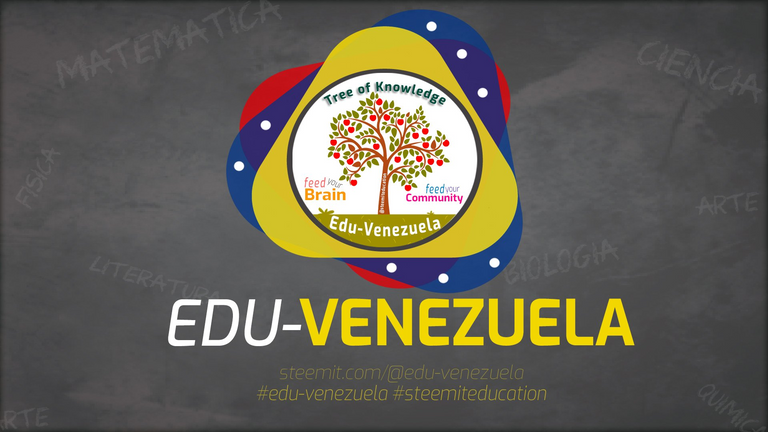
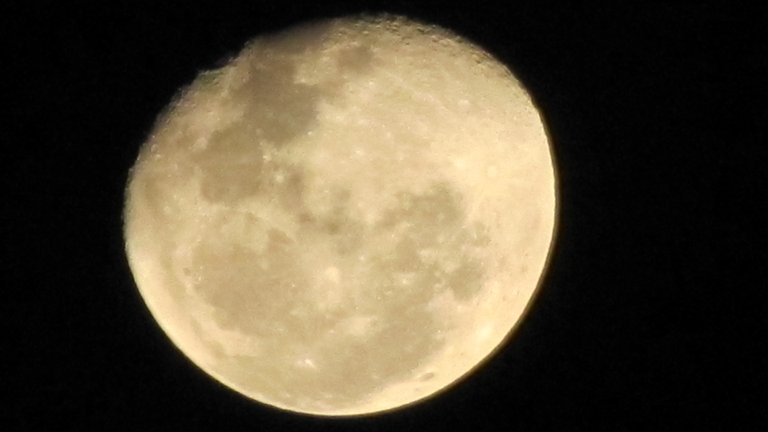
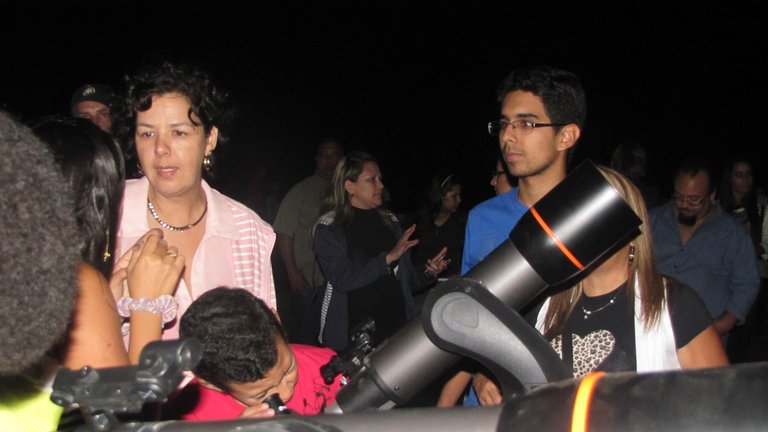
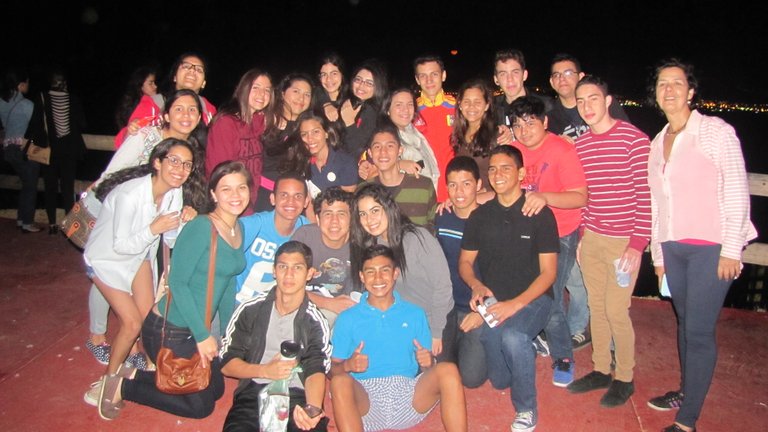
Congratulations @leilanyarevalo! You have completed the following achievement on Steemit and have been rewarded with new badge(s) :
<p dir="auto"><a href="http://steemitboard.com/@leilanyarevalo" target="_blank" rel="noreferrer noopener" title="This link will take you away from hive.blog" class="external_link"><img src="https://images.hive.blog/768x0/https://steemitimages.com/70x80/http://steemitboard.com/notifications/votes.png" srcset="https://images.hive.blog/768x0/https://steemitimages.com/70x80/http://steemitboard.com/notifications/votes.png 1x, https://images.hive.blog/1536x0/https://steemitimages.com/70x80/http://steemitboard.com/notifications/votes.png 2x" /> Award for the number of upvotes <p dir="auto"><sub><em>Click on the badge to view your Board of Honor.<br /> <sub><em>If you no longer want to receive notifications, reply to this comment with the word <code>STOP <p dir="auto">To support your work, I also upvoted your post! <blockquote> <p dir="auto">You can upvote this notification to help all Steemit users. Learn why <a href="https://steemit.com/steemitboard/@steemitboard/http-i-cubeupload-com-7ciqeo-png" target="_blank" rel="noreferrer noopener" title="This link will take you away from hive.blog" class="external_link">here!